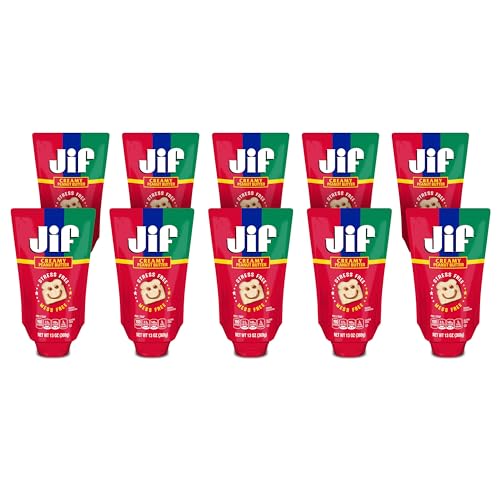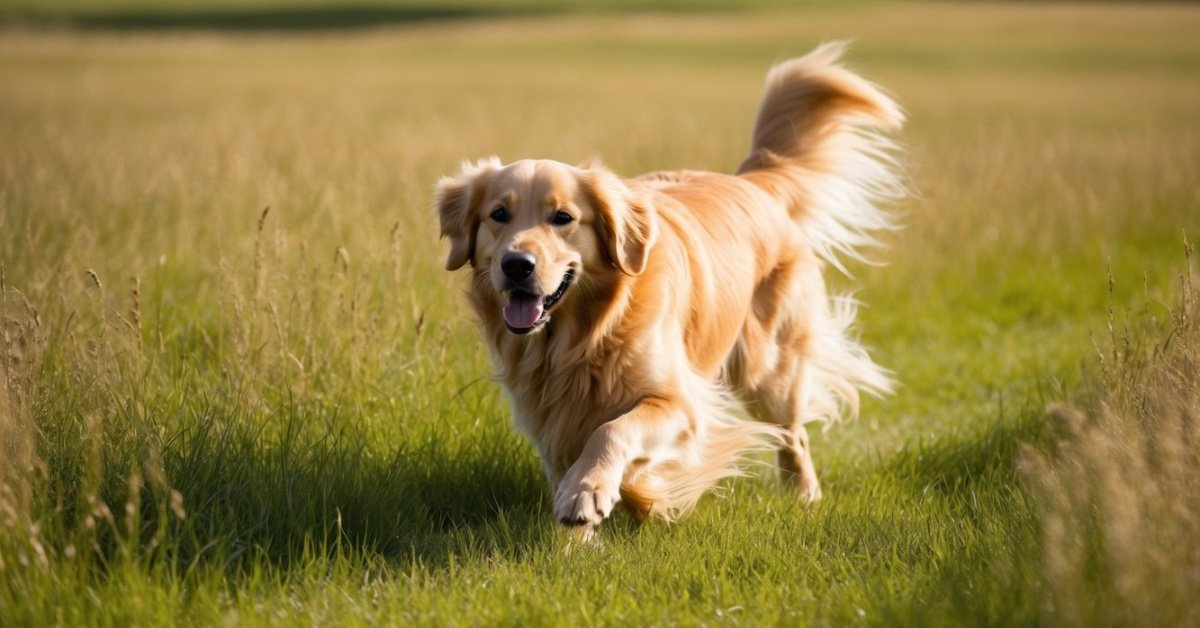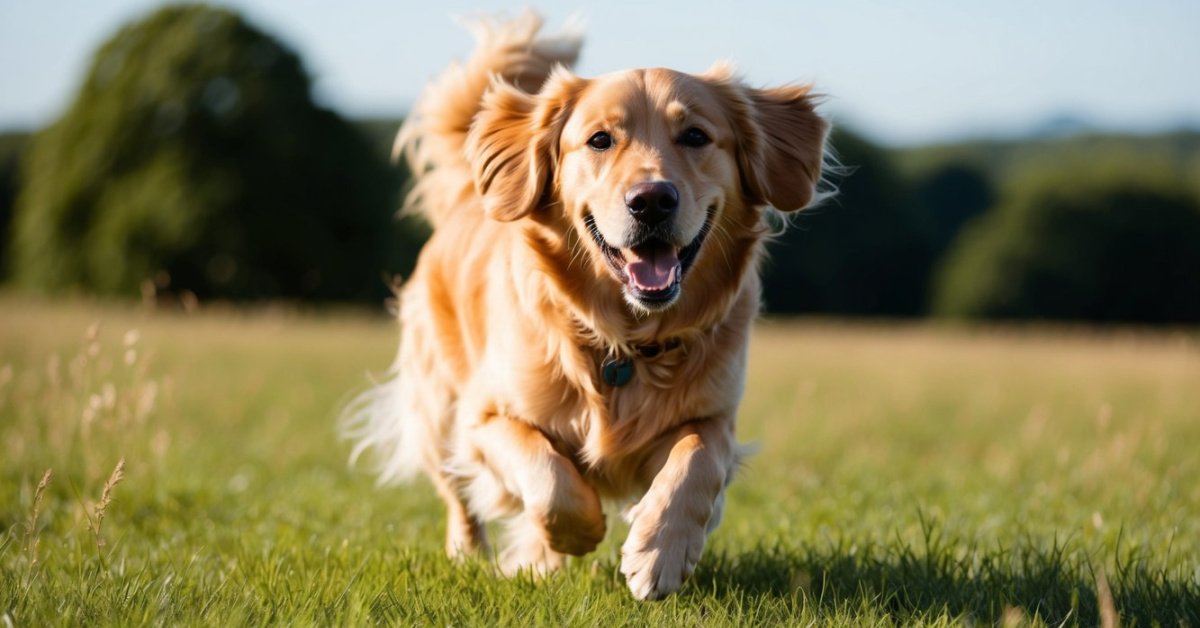Jif peanut butter is a popular choice for many Americans, but can dogs eat it? The answer is yes, but there are some things to keep in mind. Dogs can have peanut butter as a snack or an ingredient in their food, but it’s important to choose a low-sugar variety.
Jif has sugar and other additives that can harm your dog if eaten in large quantities. Always monitor your dog when they’re eating any type of peanut butter, and discontinue giving it to them if they show any signs of distress.
Let’s determine whether Jif Peanut Butter is safe for dogs.
What is Jif Peanut Butter?
Jif is a brand of peanut butter that was first introduced in 1958. The ingredients in Jif peanut butter are roasted peanuts, sugar, palm oil, and salt. Jif also contains more peanuts than any other leading brand of peanut butter.
One serving of Jif peanut butter (two tablespoons) has 190 calories, 16 grams of fat, and seven grams of protein. Jif peanut butter is also a good source of vitamins and minerals, including vitamin E, niacin, and magnesium. In addition to being a tasty snack, you can also use Jif peanut butter in recipes for baking and cooking.
Is Jif Peanut Butter Safe for Dogs?
Jif peanut butter is safe for dogs to eat in moderation. The ingredients in Jif peanut butter are not harmful to dogs, and the peanut butter provides some nutritional benefits. However, it is important to note that Jif peanut butter does contain a lot of sugar and fat. As a result, it should be fed to dogs in moderation and used as a treat rather than a main source of nutrition.
Luckily, it doesn’t have any Xylitol, which is an artificial sweetener used as a substitute for sugar. In addition, Jif peanut butter should never be given to a dog that is allergic to peanuts. If you are unsure whether your dog is allergic to peanuts, please consult with your veterinarian before feeding them Jif peanut butter.
While there is no obvious danger in your dog nibbling on some delicious peanut butter, here are some possible downsides.
Jif Peanut Butter Contain Sugar and Salt
Dogs love the taste of sugar and salt, which is why many dog owners use these ingredients to create delicious treats. However, sugar and salt can be dangerous for dogs if consumed in large quantities. Dogs that eat too much sugar can develop obesity and diabetes, while too much salt can lead to electrolyte imbalance and dehydration.
That being said, sugar and salt are generally safe for dogs when used in moderation. For example, a small amount of peanut butter with added sugar and salt can be a healthy and delicious treat for your furry friend. Just be sure to avoid giving your dog sugary or salty foods on a regular basis, and always consult with your veterinarian before making any changes to your dog’s diet.
It Has High Fat Content
Peanut butter is a popular treat for dogs, and many owners use it to stuff Kong toys or as a training reward. However, peanut butter – and other fats – can actually be bad for dogs. When ingested in large amounts, fat can cause pancreatitis, an inflammation of the pancreas. Pancreatitis is a serious condition that can lead to weight loss, dehydration, and even death.
In addition, fat can contribute to obesity, which puts dogs at risk for a number of health problems, including joint pain, diabetes, and heart disease. For these reasons, it’s important to limit the amount of fat that your dog consumes. When giving peanut butter as a treat, choose a low-fat variety and give only a small amount. Or better yet, opt for a healthy alternative like carrot sticks or applesauce.
Symptoms of Peanut Butter Allergy
Dogs with peanut butter allergies may experience a range of symptoms, including itchiness, redness, and swelling of the skin, diarrhea, vomiting, and difficulty breathing. Peanut allergies are often caused by contact with peanut products but can also be triggered by inhaling peanut dust or peanut oil fumes. If you think your dog may have a peanut allergy, it’s important to consult with a veterinarian.
They will be able to run tests to confirm the allergy and develop a treatment plan. In some cases, dogs with peanut allergies can be successfully managed with avoidance and medication, but allergy shots may be necessary in severe cases. With proper care, dogs with peanut allergies can lead happy and healthy lives.

Which Nut Butters Are Safe for Dogs
Cashew Butter
« Can Dogs Eat Honey Nut Cheerios?
Can Dogs Eat Nutritional Yeast? »
Cashew butter is a type of nut butter that is made from ground cashews. Unlike other nut butters, such as peanut butter, cashew butter does not contain any toxins that could be harmful to dogs. In addition, cashew butter is a good source of nutrition for dogs. It is high in protein and essential fatty acids, and it also contains vitamins and minerals that are important for canine health. For these reasons, cashew butter is a safe and healthy treat for dogs.
Almond Butter
Almond butter is a nutritious, safe option for dogs. Its high vitamin and mineral content make it an excellent source of nutrition, and its healthy fats help to keep your dog’s coat glossy and strong.
Additionally, almond butter is a great source of protein, essential for maintaining muscle mass and keeping energy levels up. And because it is low in sugar, it is unlikely to cause the digestive upset that some other types of food can. So if you’re looking for a healthy, nutritious treat for your dog, almond butter is a great option.
Final Word
Jif peanut butter is a food product that is safe for dogs to eat in moderation. The ingredients in Jif peanut butter are not harmful to dogs and the consistency of the spread makes it easy for them to eat. However, too much Jif peanut butter can lead to weight gain in dogs, so it is important to only give them a small amount as a treat.

















